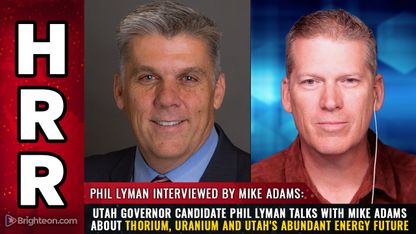
Tesla's Model 3 and Model Y vehicles already featured driver-facing cameras. But according to the company's owners manuals, these were not used in driver monitoring. Instead, Tesla's systems would require drivers to "check in" by touching the steering wheel when using driver assistance modes.
Now, the company is telling drivers that their cabin cameras have been switched on in new vehicles that lack radar sensors.
Camera activation comes in response to autopilot accidents
The changes come as the safety of Tesla's vehicles and its driver assistance modes come under scrutiny both in the U.S. and abroad. In the U.S. alone, the company is facing dozens of federal probes into the underlying causes of crashes involving Tesla vehicles, some of which may have involved Autopilot.
The company sells is driver assistance systems under the brand names Autopilot and Full-Self Driving (FSD), the latter an optional $10,000 upgrade. In addition, the company offers some drivers who paid for the latter an option to try in-development driver assistance features in its FSD Beta program, turning them into beta testers.
Now Tesla's owners manuals warn drivers that, despite their names, use these driver assistance systems still requires "active supervision." But owners have repeatedly demonstrated over-confidence in these systems, sharing anecdotes and videos of driving without their hands on the wheel, driving while asleep at the wheel or even driving while sitting in the back or passenger seat of their vehicle.
This overconfidence in these systems has since been implicated in a number of data crashes.
One recent incident in Houston saw two people killed after a Tesla Model S crashed into a tree and subsequently burst into flames. Preliminary investigation of the crash showed that neither of the occupants of the vehicle was in the driver's seat of the vehicle at the time of the crash. (Related: Two killed as Tesla car with no one in driver's seat crashes in Texas.)
In response to incidents like these, the National Transportation Safety Board (NTSB) has called on Tesla to stop beta testing its technologies on public roads. More importantly, it's called on the company to add more robust driver monitoring to its vehicles.
It is unclear, however, if Tesla's moves to actively use cabin cameras in cars that without radar is a response to the NTSB's standards or other existing safety standards.
Tesla's camera's raise privacy, surveillance issues
Even as Tesla's move to use in-car cameras in tandem with its driver assistance modes can make the latter safer, it also raises questions about safety and privacy of the vehicle's occupants.
Last year, a hack of Tesla's in-car cameras revealed just how much information can be collected about a car's driver.
When Tesla first activated the interior cameras on their vehicles for the first time last year, it stated that the data was being collected for research purposes only and was not about specific drivers.
But according to the hacker, known only as "green," Tesla's cameras are tracking a total of 13 driver-related events, including if their eyes were closed, if they were using their phones, if they were looking at the road and more.
Beyond this, there's also the concern that hackers could gain access to the cameras in Tesla vehicles and use them for their own ends. In 2019, a security researcher demonstrated how the cameras in Tesla vehicles could be taken over through the use of a small computer plugged into the vehicle.
Using what he called the "Surveillance Detection Scout," Truman Kain was able to turn a Tesla into an "AI-powered surveillance station." This allowed the car to use both its internal and external cameras to identify and track license plates and even people's faces.
"I’d be able to see everyone across the U.S., thousands of cars on this Surveillance Scout network," Kain said. "So I think there’s a real ethical issue there."
So far, the only limitation of the technology is that it requires physical access to a vehicle. But with Tesla vehicles having the capability to receive over-the-air software updates, it's not hard to imagine hackers, or even Tesla themselves, enabling this kind of surveillance over the internet.
Follow RoboCars.news for more on the issues with Tesla's Autopilot and Full Self Driving.
Sources include:
Please contact us for more information.























